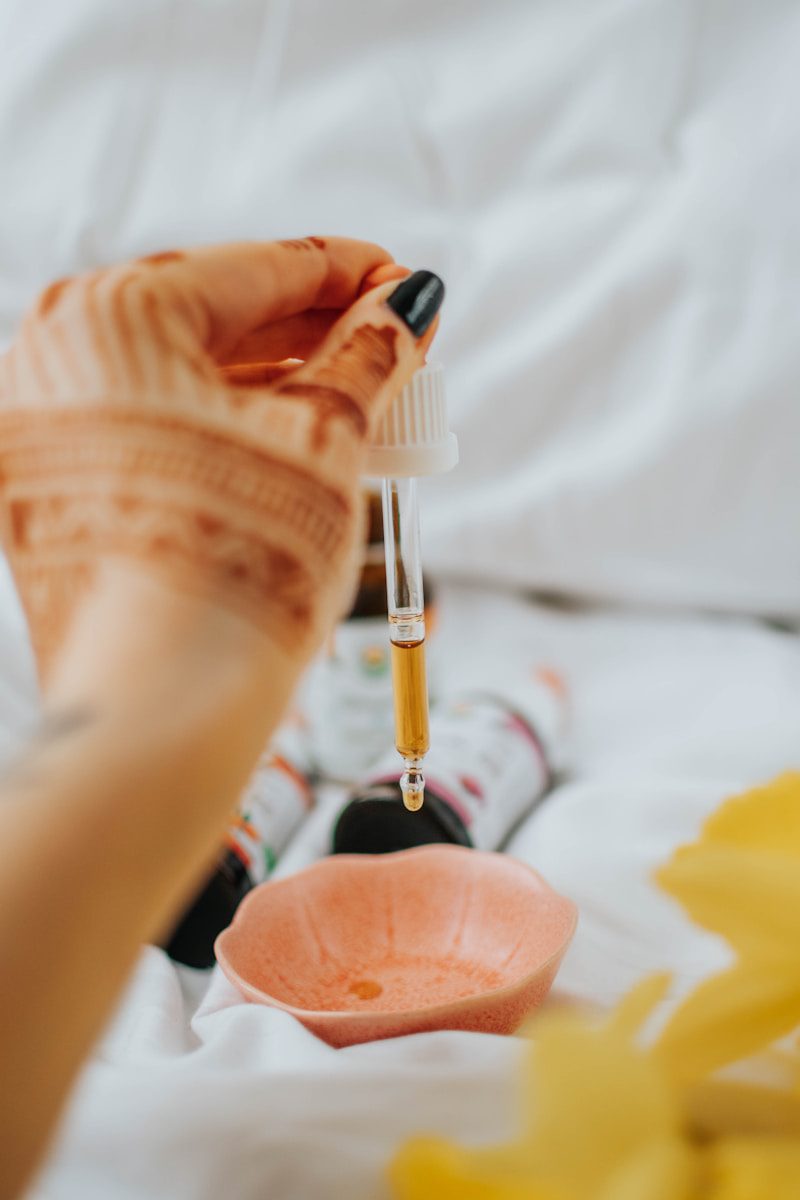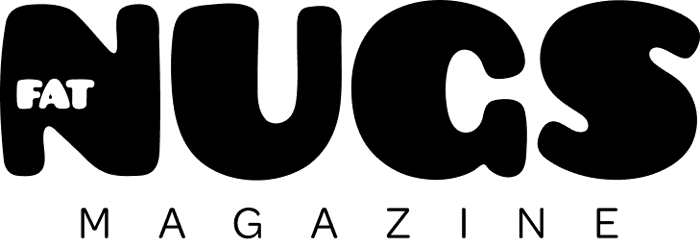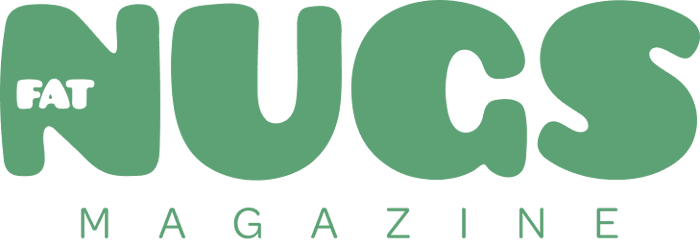Cannabis is one of the oldest known and most used plants on the planet, with evidence of this dating back almost 10,000 years according to recent archaeological findings near East Asia. With numerous uses as a source of medicine, food, fuel, and fiber, it’s really not a stretch then to say that all cannabis use and uses have therapeutic value for us in the physical, emotional, and spiritual realms.
 I personally agree with the sentiment that recreational cannabis use is almost always for one or more undiagnosed medical symptoms. If you ask a person why they use cannabis, most will say something like, “I just like it,” or, “It makes me feel better,” or, “It relaxes me.” This usually means someone is getting relief from a condition like stress, pain, or anxiety.
I personally agree with the sentiment that recreational cannabis use is almost always for one or more undiagnosed medical symptoms. If you ask a person why they use cannabis, most will say something like, “I just like it,” or, “It makes me feel better,” or, “It relaxes me.” This usually means someone is getting relief from a condition like stress, pain, or anxiety.
Likewise, it has been observed that the human endocannabinoid system regulates an incredible variety of bodily functions and systems, and that many people suffer endocannabinoid deficiencies due to prohibition or no access to cannabis. These deficiencies can and will manifest themselves as autoimmune disease, chronic pain, depression, bipolar disorder, and sleep disorders, among other ailments. Medical cannabis programs are necessary for supplying medicine to the patients that need it, as well as for patient education and support.
I view today’s medical/recreational cannabis debate through the lens of my own experience as an Oregon Medical Marijuana Program (OMMP) cultivator and patient advocate. Oregon decriminalized marijuana cultivation and possession for medical purposes in 1998 – that’s 24 years ago if you’re keeping score at home. #oregongrown
The OMMP program is very successful and has been replicated in other states. This program allowed the patient or their designated caregiver to grow six plants of their own and possess up to 24 ounces of dried flower at a designated grow site.
With the ongoing success and growth of the OMMP, Oregon approved the sale of medical cannabis in medical cannabis dispensaries in 2014. This program was quite successful for those involved in it early on, and it generated much-needed tax revenue for the state.
Medical cannabis programs are also viewed as test subjects for the larger legalization effort and the sale of adult-use cannabis to “everyone else.” That was the case in Oregon when the state legalized “recreational” adult-use cannabis in 2016. “Recreational” is the term used by state officials to differentiate the new program from the medical program. This is where the issues begin.
The main goal of the recreational cannabis program is capitalism, i.e. the desire to create an open market for cannabis products so as to generate income and tax revenue. The main goal of the medical cannabis program is compassion, i.e. the desire to bring aid and comfort to people who are suffering physically (primary consideration), which often helps aid them emotionally and spiritually (secondary benefits). It’s seemingly impossible for these divergent objectives to coexist in one program, and thus the respective program parameters were markedly different in 2016.
As was predicted, once states get a taste of the tax revenue cannabis businesses bring in, they want more. In Oregon, this led to issuing unlimited licenses and revoking the rules prohibiting out-of-state investor involvement. This ultimately resulted in a swift, monumental rise and fall of the pre-existing industry in Oregon, with the primary beneficiaries being the revenue department and licensing agency (in Oregon this licensing agency is the Liquor Commission).
Many of the original industry participants have come and gone simply because we live in a capitalist system. In fact, only one medical marijuana dispensary remains in Oregon at all.
I am not opposed to capitalism, nor do I think that cannabis is just another commodity. So, the question we are all presented with is, how do we balance what the science is telling us about cannabis with our capitalistic desires?




